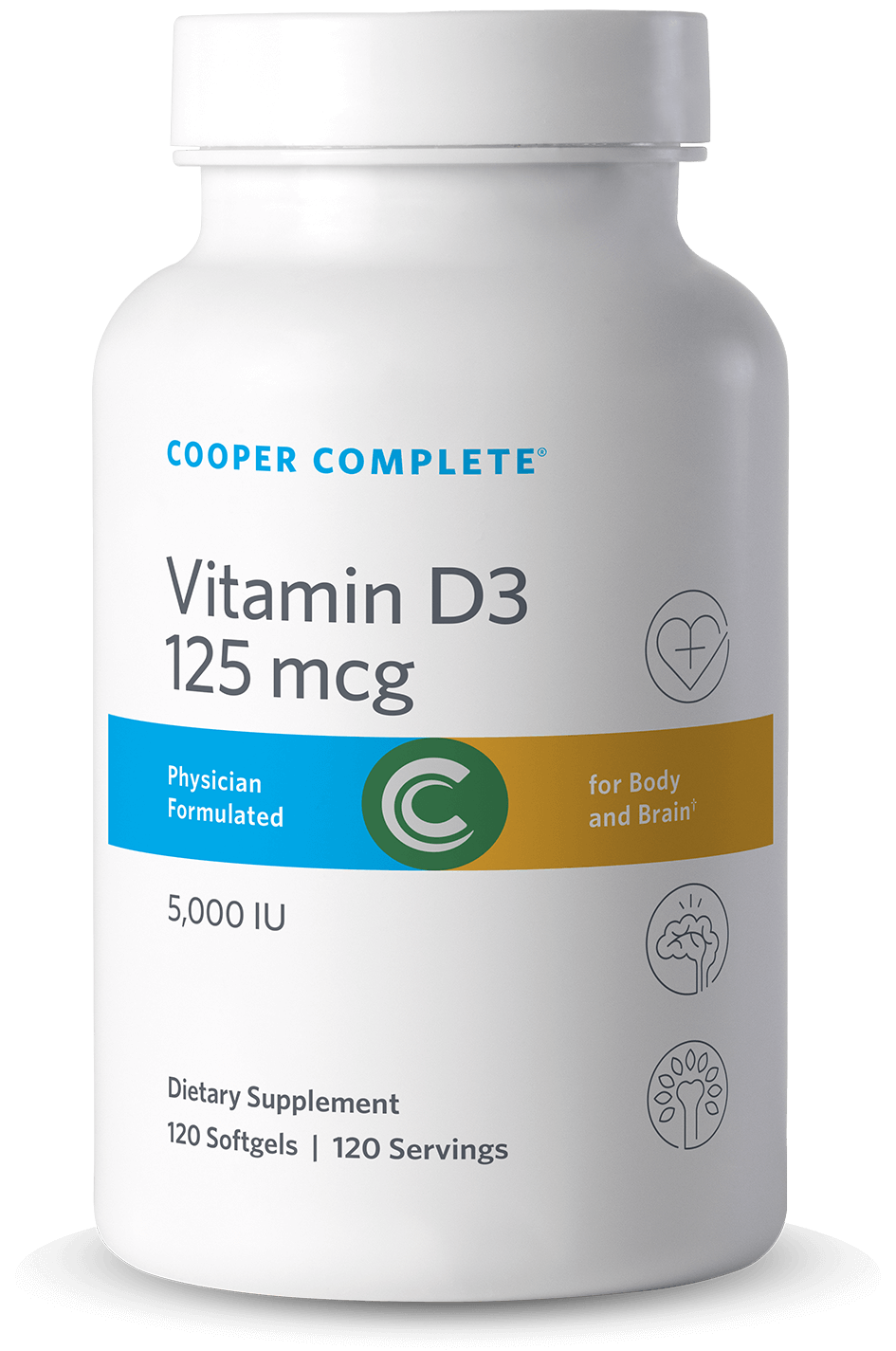Vitamin D and Omega 3 Supplementation and Autoimmune Diseases: VITAL Trial Takeaways

Our immune system is a complex organization of proteins, cells and organs that work together to protect the body from harm. The immune system can fight disease-causing microscopic organisms (such as bacteria, viruses, parasites or fungi), recognize and neutralize harmful substances from the environment (such as a splinter) and identify that cancer cells are abnormal and kill them
Autoimmune diseases develop when the immune system mistakenly attacks healthy cells, tissue or organs instead of protecting them. Autoimmune diseases can affect almost any part of the body, with more than 24 million people diagnosed in the United States.
Common autoimmune diseases include:
- Rheumatoid arthritis
- Polymyalgia rheumatic
- Autoimmune thyroid disease
- Psoriasis
- Inflammatory bowel disease.
No one knows exactly what initiates the development of autoimmune diseases in a specific individual, but it is likely due to a combination of genetic and environmental factors.

Vitamin D3 125 mcg (5000 IU) Supplement
Many individuals don't get enough vitamin D from sunlight or through diet. Vitamin D3 form of Vitamin D Supplement for better absorption.
$26.98 Add to cartStudies have shown nutrition plays a role in the development of autoimmune diseases. Specifically, vitamin D has been the focus of several basic science and clinical studies. Vitamin D receptors are found on almost all types of cells in the immune system. In studies on large populations, vitamin D deficiency has been linked to an increased risk of getting infections and autoimmune diseases. However, whether vitamin D supplementation can prevent the development of autoimmune diseases has not been tested in large clinical trials.
One goal of the contemporary VITAL Study was to determine if vitamin D supplementation could prevent the development of common autoimmune diseases in a large population of men and women.
In brief, the VITAL study is a randomized, placebo-controlled trial, enrolling almost 26,000 men (≥ 50 years of age) and women (≥ 55 years of age) who were treated with either vitamin D3 (50 mcg (2000 IU) per day) or placebo and omega-3 fatty acids (1 gram per day, 465 mg EPA and 375 mg DHA) or placebo for the prevention of various diseases. The average age of the participants was 67 years.
Participants were enrolled from November 2011 through March 2014 and were followed from 3.8 to 6.1 years, during which time information was gathered regarding the development of specific clinical endpoints. The results on cancer risk and cardiovascular risk have already been published.
A new study published from the VITAL Study population examined the impact of these supplements on the development of autoimmune diseases—specifically rheumatoid arthritis, polymyalgia rheumatica, autoimmune thyroid disease, psoriasis and inflammatory bowel disease.
For the vitamin D treatment arm, 123 participants in the treatment group and 155 in the placebo group developed a confirmed autoimmune disease (hazard ratio 0.78, 95 percent confidence interval 0.61 to 0.99, P=0.05). This means vitamin D supplementation for five years reduced autoimmune diseases by 22 percent.
To eliminate the possibility that participants were already on the verge of developing autoimmune diseases when they enrolled in the study (but were not quite symptomatic), the investigators excluded the first two years of follow-up and reanalyzed the data. Although fewer cases were included in this analysis, treatment with vitamin D results in a significantly lower incidence of confirmed autoimmune diseases in comparison with the placebo group (0.61, 0.43 to 0.86, P=0.005). This means there was almost a 40 percent reduction in the risk of developing autoimmune diseases in those participants given vitamin D.
This is a remarkable finding. The risk of autoimmune diseases, which causes considerable disability and early death, can be reduced by taking a single supplement in a dose that is well-tolerated and widely available.

Dr. Nina Radford is the Director of Clinical Research and a cardiologist at Cooper Clinic. She is certified in internal medicine with a subspecialty certification in cardiovascular disease by the American Board of Internal Medicine and is a frequent blog contributor.
